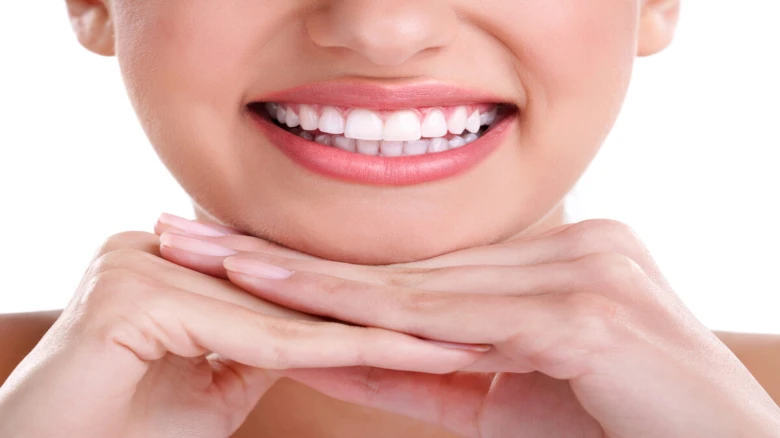Harder tooth brushing might harm your gums and enamel rather than make your teeth cleaner.
Digital Desk: Keeping our teeth healthy is essential for our overall well-being. On the other hand, there are many myths and false beliefs in the world of dentistry that might result in incorrect dental procedures. In order to give you accurate information and enable you to take proper care of your teeth and gums, we will clear up five popular dental myths in this post. We'll solve the puzzles around oral health, from the significance of routine dental exams to the real story behind sugar and cavities, so you can keep your smile bright and self-assured for years to come.
1. Myth: If you're not in pain, you shouldn't go to the dentist.
Reality: Even if you don't feel pain, routine dental exams are still very important. Early detection of conditions including cavities, gum disease, and oral cancer by dentists enables prompt intervention and prevention.
2. Myth: Cleaner Teeth Come from Harder Brushing
Reality: Harder tooth brushing might harm your gums and enamel rather than make your teeth cleaner. Brush your teeth gently in circular motions using a soft-bristled toothbrush to avoid damaging the gums or enamel.
3. Myth: The Only Thing Causing Cavities Is Sugar
Other factors lead to cavities besides sugar consumption. Other important factors include acidic foods and beverages and poor dental hygiene. Cavity prevention primarily involves brushing, flossing, and routine dental checkups.
Myth 4: I shouldn't brush my gums if they are bleeding
In actuality, bleeding gums are an indication of gum disease, which is frequently brought on by insufficient plaque removal. Early gum disease stages may be reversed with proper brushing and flossing. Seek expert assessment and guidance from a dentist if bleeding continues.
5. Myth: As baby teeth fall off anyway, they are not important.
The truth is that baby teeth act as temporary substitutes for permanent teeth. Permanent teeth that are not positioned correctly can result from the early loss of baby teeth owing to dental decay. Children's general dental health needs to learn good oral hygiene at a young age.

Leave A Comment